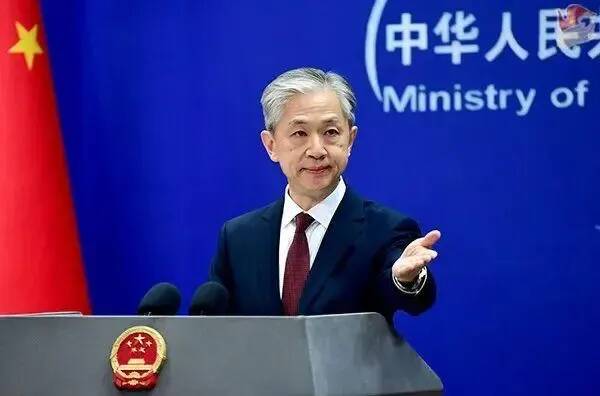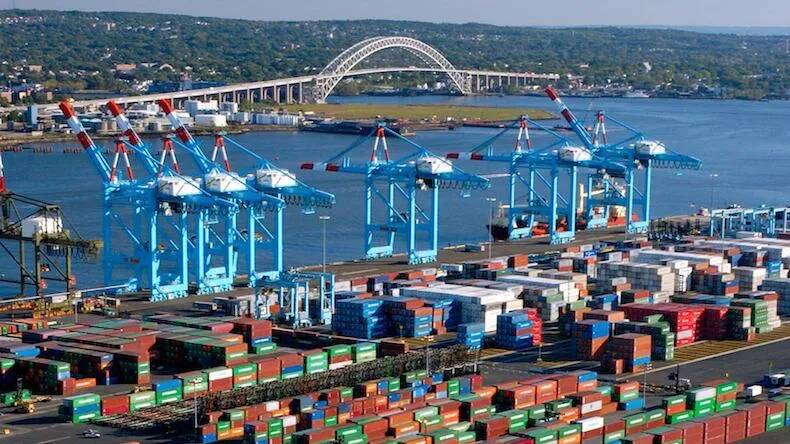Sudden! Guatemala coffee may be banned from being imported, Ministry of Foreign Affairs responds
On May 24, Foreign Ministry spokesman Wang Wenbin responded to questions about the import of Guatemalan coffee at a regular press conference. At the meeting, a reporter quoted news from the Guatemalan exporters' Union that China had banned coffee and Hawaiian fruits from Guatemala from entering China. Wang Wenbin responded to the above news at the press conference.

Wang Wenbin said that China and Guatemala do not have diplomatic relations and do not yet know the situation mentioned by the Chamber of Commerce. He said: there is only one China in the world, the government of the people's Republic of China is the sole legitimate government representing the whole of China, and Taiwan is an inalienable part of Chinese territory. The one-China principle is a recognized norm for international relations and the general consensus of the international community, and is the fundamental prerequisite for China's cooperation with all countries, including Guatemala.
Wang Wenbin said that he did not directly confirm the claim that trading had been banned, but at the same time, he did not deny the news.
China does not have diplomatic relations with Guatemala, but there are bilateral economic and trade relations. According to statistics, the trade volume between China and Guatemala has exceeded 5.6 billion US dollars. China mainly exports petrochemicals, textiles, machinery and equipment, and metal products. It mainly imports Guatemalan fruit, sugar, coffee beans, metals and timber, with an export value of 8200 US dollars. According to the National Coffee Association of Guatemala (Anacaf é), the export of raw coffee beans to China officially began on January 1, 2022.
Agreement on the Export of Coffee to China by the Guatemala Coffee Association
Wang Wenbin's further response seems to convey more background information. Recently, Guatemalan President Arevalo held a video meeting with Taiwan leaders, while Wei Foreign Minister Martinez went to Taiwan to attend related activities. The Ministry of Foreign Affairs said that these actions seriously trampled on the one-China principle and condemned it. Due to the above reasons, the relevant trade activities of Guatemala and China will be affected to a certain extent.

At present, there are many coffee traders and roasters in China who import Guatemalan coffee beans. For most coffee makers, although they have never used Guatemalan coffee beans as the main raw material, inventory will not have much impact in the short term. However, if China and Thailand fail to agree on some issues within 4-6 months, then the import of Guatemalan coffee beans will inevitably be affected in the future.
Coffee accounts for 8% of Guatemala's agro-industrial exports and is the country's most important export, but exports have also begun to decline due to slightly lower export production in recent years. According to Guatemala's coffee export report, the United States remains the largest importer, importing nearly 1.2 million bags of coffee beans in fiscal year 2022, but down 17% compared with the previous fiscal year, affected by the global economic situation and geopolitical factors. in addition, the amount of Guatemalan coffee imported by major importing countries is also decreasing.
China currently ranks eighth in Guatemala's top 10 coffee exports, importing 98605 bags (60kg/ bags) of coffee beans in 2021 and 60317 bags in 2022.
Earlier, the relevant Guatemalan coffee reported that coffee farmers in Guatemala currently face the challenges of high fertilizer costs, labour shortages and lack of coffee processing infrastructure. If the current Sino-dangerous relationship continues to develop, Guatemalan coffee beans may lose the Chinese coffee market and thus reduce foreign exchange earnings, which is not conducive to the future development of the Guatemalan coffee industry, while traders and roasters selling Guatemalan producing areas will inevitably be affected.
Important Notice :
前街咖啡 FrontStreet Coffee has moved to new addredd:
FrontStreet Coffee Address: 315,Donghua East Road,GuangZhou
Tel:020 38364473
- Prev

Introduction to the current situation of the planting variety industry in Laos coffee producing areas in Asian countries
When it comes to Asian coffee, many people will think of Indonesia, Vietnam and other countries. After all, Indonesia has the well-known Mantelin coffee, and Vietnam is famous for being the second largest coffee producing country in the world. Therefore, many people ignore Laos as a coffee producing country. Laos Lao People's Democratic Republic (The La
- Next

Be careful! Bubble water American coffee may experience severe splashing after being de-iced
▲ Click to pay attention| Daily boutique coffee culture magazine coffee workshop summer is coming, and coffee circles are on the rise. In this rainy May day, the new actions on major brands are surprisingly consistent, all of whom launch sparkling water + coffee in unison. Throughout May, there was a joint "KFC and Wang Laoji"
Related
- What grade does Jamaica Blue Mountain No. 1 coffee belong to and how to drink it better? What is the highest grade of Blue Mountain coffee for coffee aristocrats?
- What are the flavor characteristics of the world-famous coffee Blue Mountain No. 1 Golden Mantelin? What are the characteristics of deep-roasted bitter coffee?
- Can I make coffee a second time in an Italian hand-brewed mocha pot? Why can't coffee be brewed several times like tea leaves?
- Hand-brewed coffee flows with a knife and a tornado. How to brew it? What is the proportion of grinding water and water temperature divided into?
- What is the difference between Indonesian Sumatra Mantinin coffee and gold Mantinin? How to distinguish between real and fake golden Mantelin coffee?
- What does bypass mean in coffee? Why can hand-brewed coffee and water make it better?
- Unexpected! Ruixing Telunsu lattes use a smoothie machine to foam milk?!
- % Arabia's first store in Henan opens into the village?! Netizen: Thought it was P's
- Does an authentic standard mocha coffee recipe use chocolate sauce or powder? Mocha Latte/Dirty Coffee/Salty Mocha Coffee Recipe Share!
- What is the difference between Vietnam egg coffee and Norway egg coffee? Hand-brewed single product coffee filter paper filter cloth filter flat solution!

